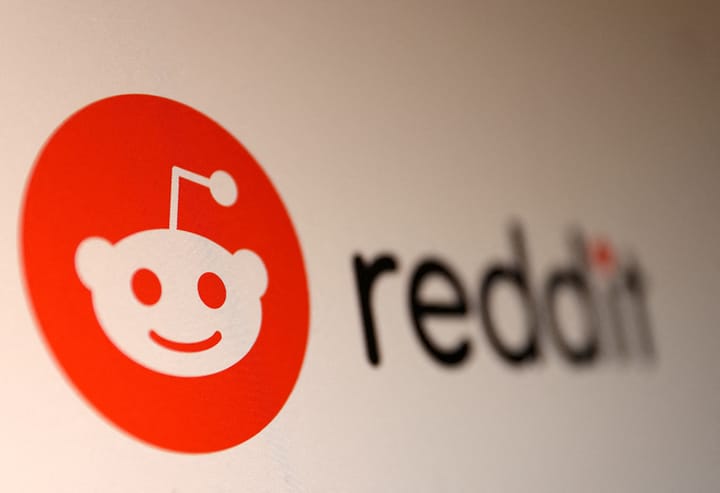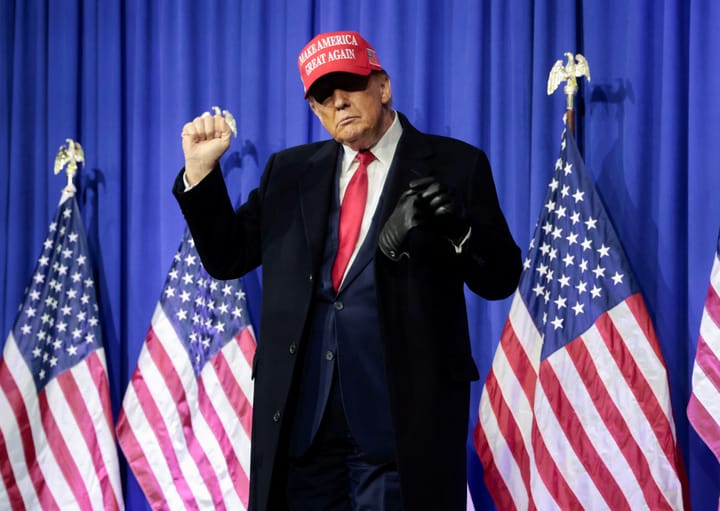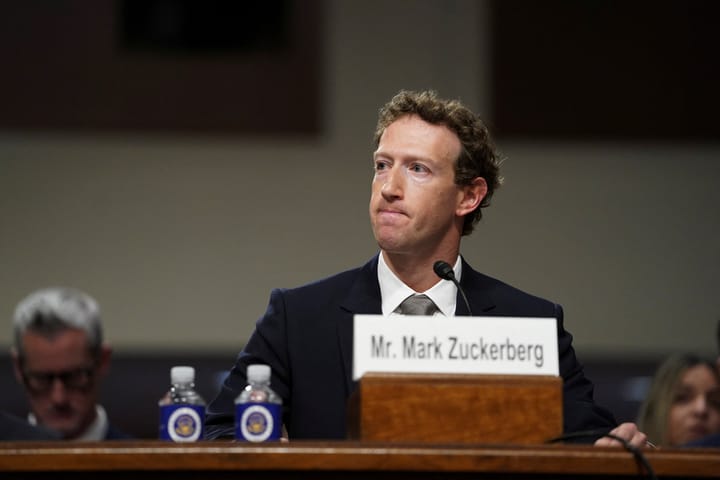Andrew Tate has been banned from TikTok, Instagram and Facebook

A few minutes every morning is all you need.
Stay up to date on the world's Headlines and Human Stories. It's fun, it's factual, it's fluff-free.
If you haven’t heard of Andrew Tate, honestly, congratulations. He’s an American-British former kickboxer who got kicked off of the reality TV show “Big Brother" back in 2016 after some homophobic and racist tweets and footage surfaced of him beating a woman with a belt. Tate said the video showed consensual sex, but it certainly didn’t help his image. He’s a self-described sexist and misogynist and has in the past said that women are “intrinsically lazy" and that there’s “no such thing as an independent female," comparing women to dogs. Not the most charming fellow.
Well, it turns out that social media companies don’t really think so, either. He recently got kicked off of TikTok, Facebook and Instagram for, well, all the stuff we just talked about. The reason it matters, though, is that he had a huge following. On Instagram, he had 4.7 million followers when his account was deleted (having gone up dramatically from the roughly one million followers he had in June of this year). On TikTok, videos tagged #AndrewTate had been viewed around 13 billion times.
“Misogyny is a hateful ideology that is not tolerated on TikTok," said a spokesperson from the company. “Our investigation into this content is ongoing, as we continue to remove violative accounts and videos, and pursue measures to strengthen our enforcement, including our detection models, against this type of content." Meta said it took him off the platform because he had violated its rules about dangerous individuals and organizations, but it wouldn’t specify exactly how.
Aside from the ridiculous nature of those kinds of comments, there has been some real concern about what people – particularly teen boys – could be taking away from his content. Younger users have reportedly been served up more of his content during breaks from school. Analysts are raising flags about what this means for anti-women content on social media and how well it is (or isn’t) regulated.




Comments ()